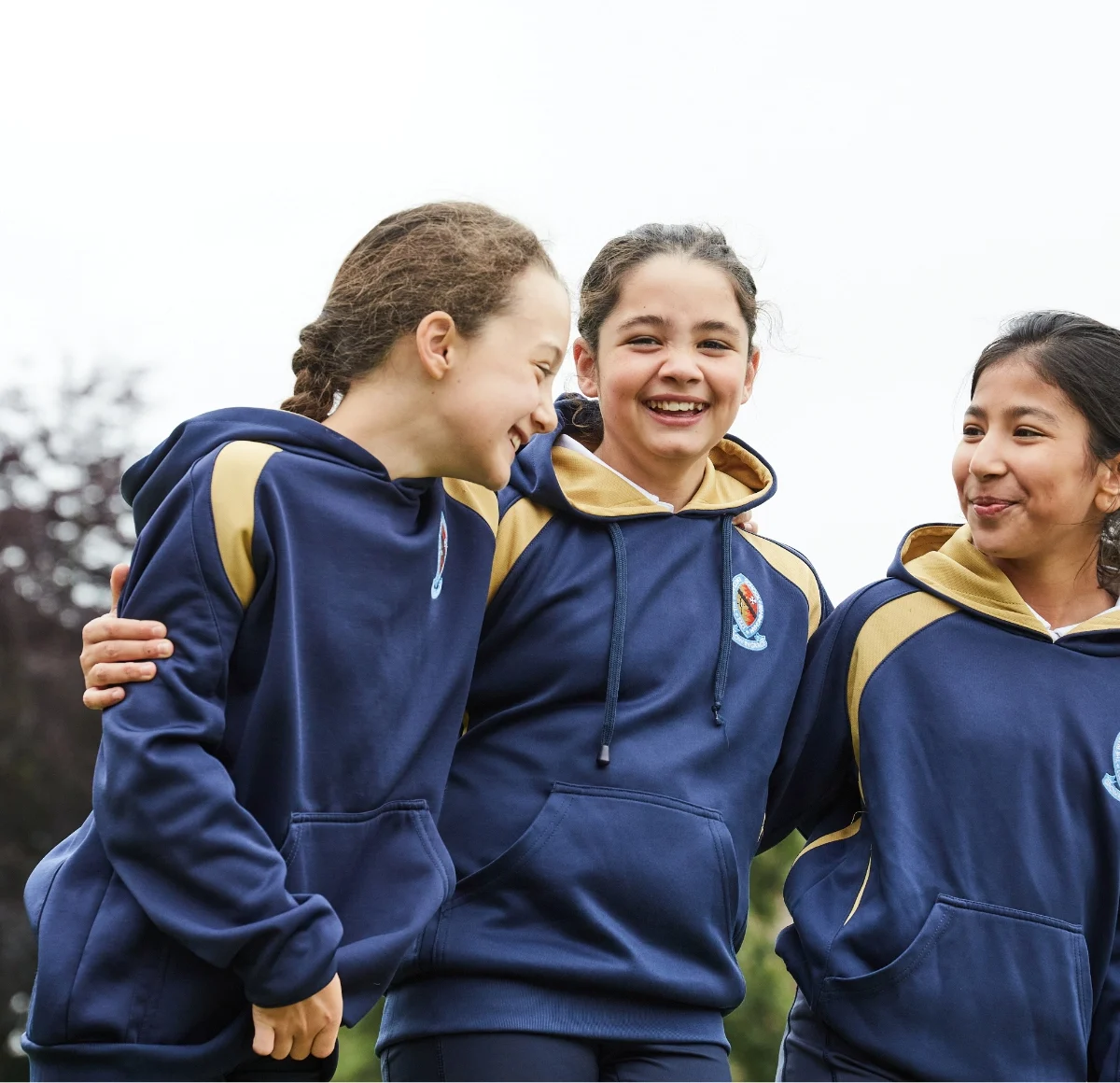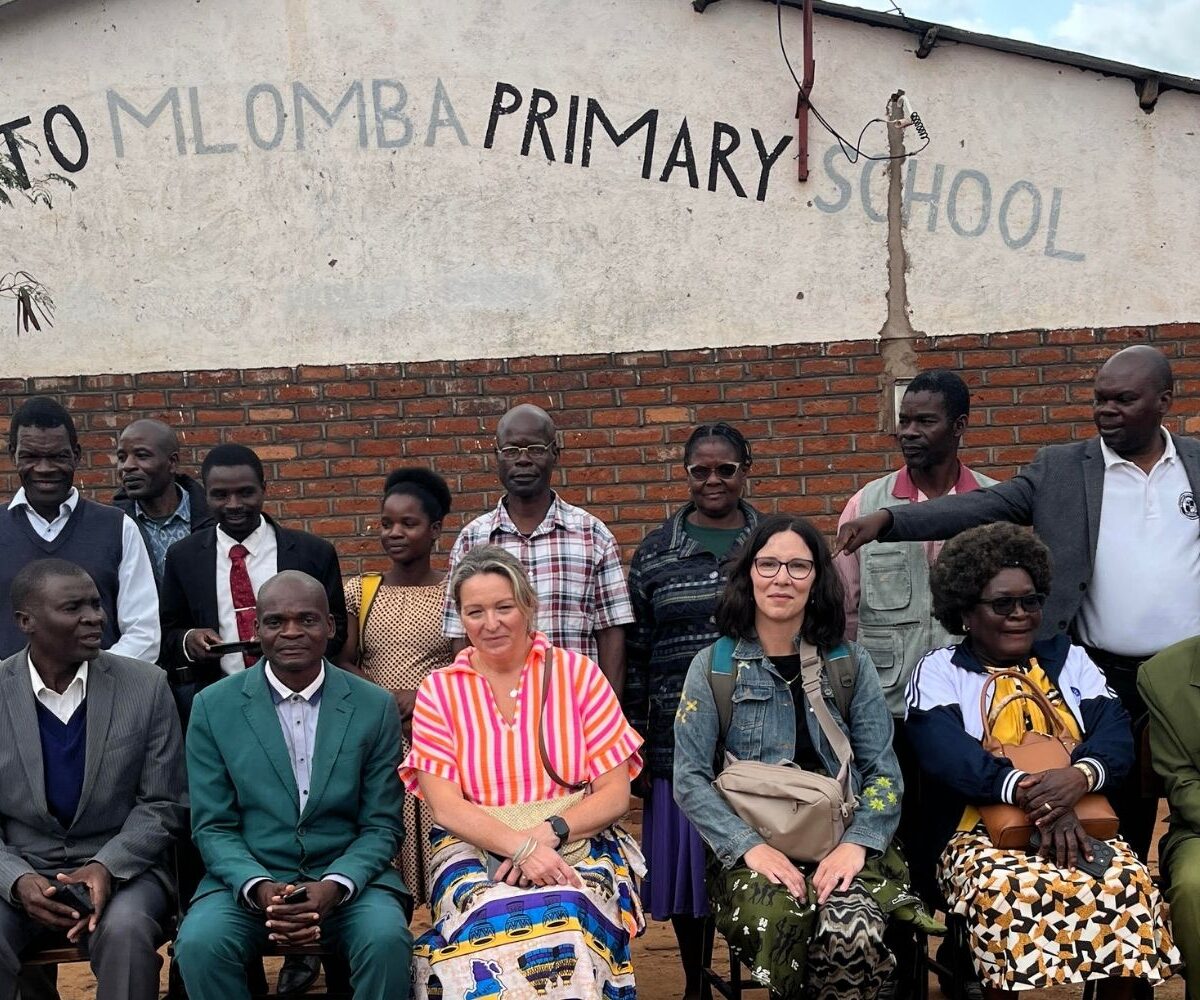
Bridging the AI Divide without Losing Our Compass
A new Sutton Trust report, drawing on a Teacher Tapp survey of more than 10,000 teachers across England, confirms what many of us have sensed: state schools are lagging behind independent schools in adopting artificial intelligence. The training figures are particularly stark, 45% of teachers in independent schools report having received formal AI training, compared with just 21% in the state sector. This disparity will not simply close on its own. It risks hard-baking a “digital divide” into children’s educational experience unless there is coordinated support and investment at system level.
Why does this matter? AI is not a passing gadget; it is a general-purpose technology, already reshaping how we search, write, create, and solve problems. Schools therefore face a dual responsibility: to equip pupils with practical fluency in new tools and to cultivate the moral and intellectual habits that allow them to use those tools wisely. The former is a resource question as much as it is a pedagogical one; the latter is a question of values, culture, and professional development. When access to training is uneven, so too is access to opportunity.
At BCS, our response is anchored in a clear vision: preparing limitless learning for tomorrow’s achievers. That vision is not rhetoric; it is operational. I am delighted to share that BCS is on the verge of being recognised as an Apple Distinguished School, one of very few nationally across either state or independent sectors. This recognition affirms what many of you see every week: technology here is not a bolt-on but an integrated ecosystem, devices thoughtfully deployed, staff trained with purpose, and a curriculum designed to make creativity and critical thinking routine rather than exceptional.
Yet, and this is vital, our embrace of AI and educational technology is bounded by purpose. We are not outsourcing thinking to machines; we are scaffolding deeper human learning. The aim is augmentation, not automation of the mind. For example, our Reception pupils’ “wow day” on colours this week is a case in point. Yes, they will use lenses, torches, and digital palettes to explore mixing and matching. But they will also step outside to see colours emerge and blend in the real world, autumn leaves usurping green, skies shifting from cobalt to pewter. The lesson is richer because it connects the sensorial now to the conceptual later.
That connection between intellect and environment is also why I am such a champion of our Forest School provision. Outdoor learning is not a pastoral nicety; it is a cognitive catalyst. As Sir David Attenborough reminds us, “No one will protect what they don’t care about; and no one will care about what they have never experienced.” Forest School invites our pupils to experience, notice, and care. The problem-solving that happens around a damp fire circle or a wobbly den is the same problem-solving they will later apply to code, calculus, or civic life. In an age of generative AI, authentic experience is not a luxury; it is an educational necessity.
The Sutton Trust findings also raise a policy imperative. If we are serious about social mobility, we must be serious about teacher development in AI, not just the headline-grabbing kit. Training should be ethical (what should we do?), epistemic (how do we know?), and practical (what works in Year 4 on a Tuesday?). At BCS we invest in precisely this blend. Our staff development cycles include critical engagement with AI’s strengths and limitations: evaluating bias, designing prompt-driven inquiry without spoon-feeding answers, and building assessment that remains authentically human, oracy, practical projects, and reasoning that cannot be trivialised by a chatbot.
Crucially, our commitment to innovation does not displace our traditional learning values; it illuminates them. Our pupils still read whole books, learn their tables, diagram sentences, debate civilly, sing in parts, and write by hand. They also learn to test a model’s output against evidence, to cite sources, and to ask better questions, skills that are as old as the trivium and as new as the latest update. In short, we keep the compass while we update the map.
On that note, digest and enjoy the weekend!






























































